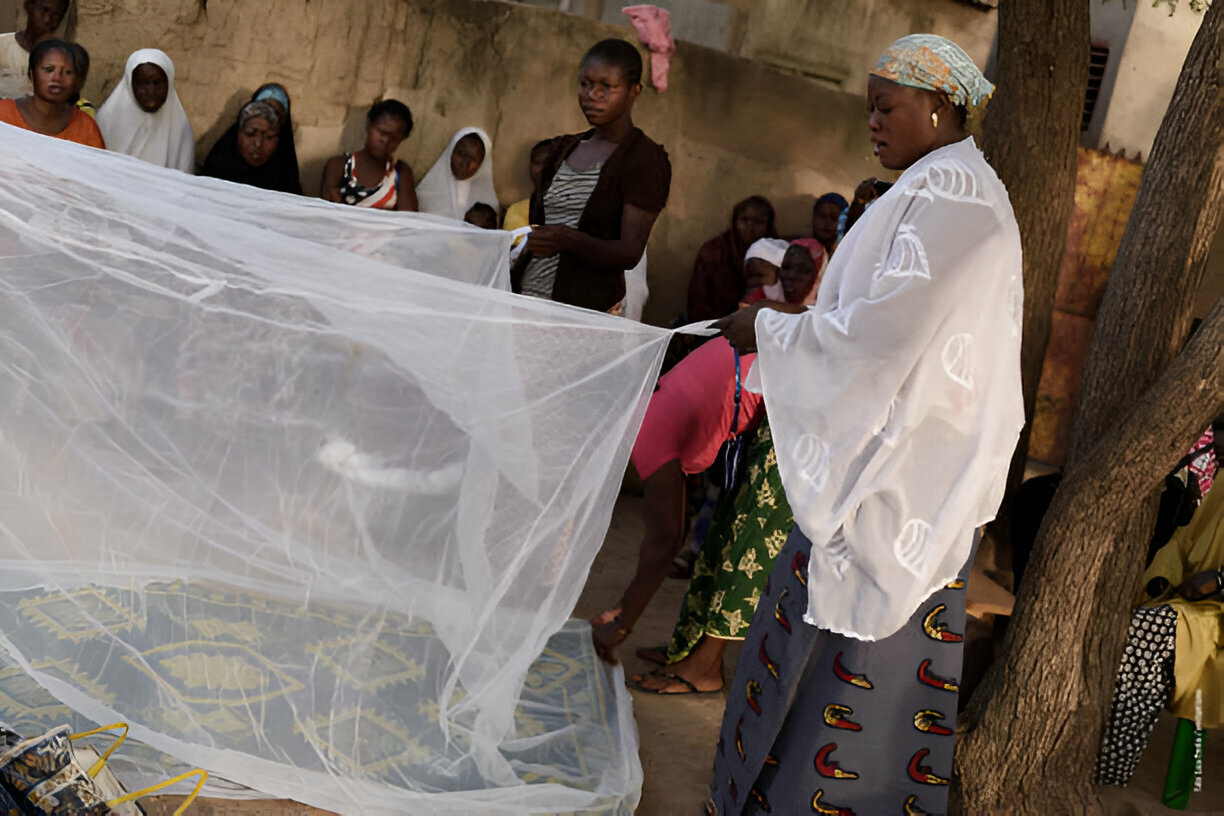Breaking Barriers: The Importance of Equitable Healthcare Access
Equitable healthcare access is a fundamental human right and a cornerstone of a just society. It ensures that every individual, regardless of their socioeconomic status, ethnicity, or geographic location, can obtain the necessary health services without facing financial hardship. At Light a Candle Health Initiative, we believe that equitable access to healthcare is crucial for societal well-being and the overall health of populations, particularly those who are indigent, underserved, and displaced.
Why Equitable Healthcare Access Matters
- Reduces Health Disparities
Health disparities are differences in health outcomes and their determinants between segments of the population. These disparities are often driven by social, economic, and environmental disadvantages. Equitable healthcare access helps to bridge the gap between different population groups, ensuring that everyone has the opportunity to achieve their best possible health. By addressing these disparities, we can reduce the prevalence of chronic diseases, improve life expectancy, and enhance the quality of life for all.
- Promotes Social and Economic Development
Health and development are deeply interconnected. When people have access to healthcare, they are healthier and more productive, which in turn boosts economic growth. Healthy individuals are better able to attend school, work, and participate in community activities. This creates a positive cycle where improved health leads to greater economic opportunities, which further enhances health outcomes. Equitable healthcare access is therefore not only a moral imperative but also an economic one.
- Enhances Community Resilience
Communities with equitable healthcare access are better prepared to respond to health emergencies and crises. Whether it’s an outbreak of infectious diseases, a natural disaster, or other public health emergencies, having robust healthcare infrastructure ensures that communities can quickly and effectively respond. This resilience is vital for mitigating the impact of crises and for ensuring the long-term stability and well-being of communities.
- Improves Mental Health and Well-Being
Access to healthcare is not limited to physical health; it also encompasses mental health services. Mental health is a critical component of overall well-being, and equitable access to mental health care ensures that individuals can receive the support they need. This is especially important for vulnerable populations who may experience higher levels of stress and trauma. By providing equitable access to mental health services, we can foster healthier, more resilient communities.
Impact on Different Populations
- Indigent Populations
Indigent populations often face significant barriers to accessing healthcare, including cost, lack of transportation, and limited availability of services. These barriers lead to poor health outcomes and perpetuate cycles of poverty. By ensuring equitable access to healthcare, we can break these cycles and provide individuals with the tools they need to lead healthier lives.
- Underserved Populations
Underserved populations, including rural communities and minority groups, frequently experience a lack of healthcare resources. This results in delayed treatments and higher rates of preventable diseases. Equitable healthcare access addresses these issues by providing targeted interventions and resources to these communities, ensuring they receive the care they need.
- Displaced Populations
Displaced populations, such as refugees and internally displaced persons, often have limited access to healthcare services. This can exacerbate existing health conditions and lead to new health challenges. By focusing on equitable healthcare access, we can ensure that these vulnerable groups receive comprehensive care, including preventive services, treatment, and mental health support.
Light a Candle Health Initiative’s Commitment
At Light a Candle Health Initiative, our mission is to improve the health and well-being of individuals and communities through equitable healthcare access. We focus on a range of health services, including sexual and reproductive health, geriatrics, mental health, and the prevention and treatment of communicable and non-communicable diseases. Our efforts are guided by our core values of access, equity, dignity, service, and accountability.
We work tirelessly to advocate for policies that promote universal healthcare access and to implement programs that directly address the needs of underserved and vulnerable populations. Through effective collaboration, research, and innovation, we strive to create a healthier and more equitable world for everyone.
Equitable healthcare access is not just a goal; it is a necessity for a thriving society. By ensuring that all individuals have the opportunity to receive quality healthcare, we can build stronger, healthier communities and pave the way for a brighter future for all.

